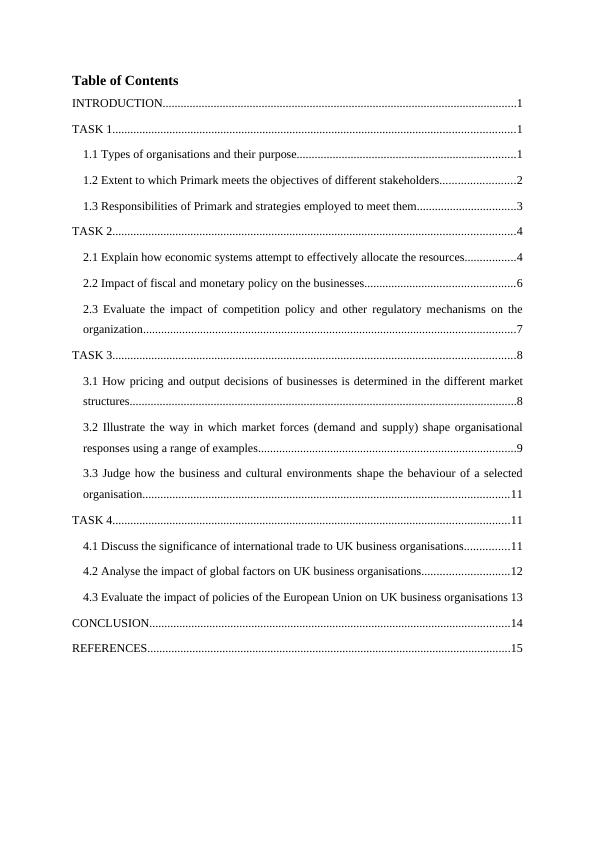Economic systems are the means by which societies allocate their resources among the various industries, businesses, and households that make up their economies. The allocation of resources is a key function of any economic system, as it determines how resources such as labor, capital, and raw materials are used to produce goods and services. There are three main types of economic systems: market economies, planned economies, and mixed economies. Each of these systems has its own approach to resource allocation, and each has its own advantages and disadvantages.
Market economies, also known as capitalism, rely on the free market to allocate resources. In a market economy, prices are determined by the forces of supply and demand, and producers and consumers are free to buy and sell goods and services as they see fit. The market is driven by the profit motive, and producers will only produce what they believe will be profitable. This system is characterized by competition and a high degree of individual economic freedom.
Planned economies, also known as socialism, are characterized by central planning and the absence of a free market. In a planned economy, the government or a central planning agency determines what goods and services will be produced, how they will be produced, and how they will be distributed. Resources are allocated according to a central plan, rather than through the market. This system is characterized by a lack of competition and a high degree of government control over the economy.
Mixed economies are a hybrid of market and planned economies. In a mixed economy, the government plays a role in resource allocation, but the market is also allowed to play a role. The government may regulate certain industries, provide public goods and services, and redistribute income through taxes and transfer programs. Mixed economies are characterized by a combination of competition and government intervention.
In all economic systems, the goal is to allocate resources efficiently, which means using them in the most productive way possible to achieve the greatest output. In market economies, the pursuit of profit is the primary motivator for efficient resource allocation. Producers will seek to minimize costs and maximize profits by using the most efficient production methods and allocating resources to the most profitable uses. In planned economies, the central planning agency is responsible for allocating resources efficiently, although this can be difficult due to the lack of market signals and the inherent inefficiencies of central planning. In mixed economies, the combination of market and government forces can help to allocate resources efficiently, although the balance between these two forces can be difficult to strike.
Overall, economic systems attempt to allocate resources effectively by balancing the competing goals of efficiency, equity, and stability. Each system has its own strengths and weaknesses in achieving these goals, and the most effective system will depend on the specific needs and circumstances of a given society.


:max_bytes(150000):strip_icc()/thinkstockphotos_80410231-5bfc2b97c9e77c0026b4fb20.jpg)


:max_bytes(150000):strip_icc()/command-economy-characteristics-pros-cons-and-examples-3305585-v4-HL-0ac79a5b18b241c0b166d11478b98ece.png)



